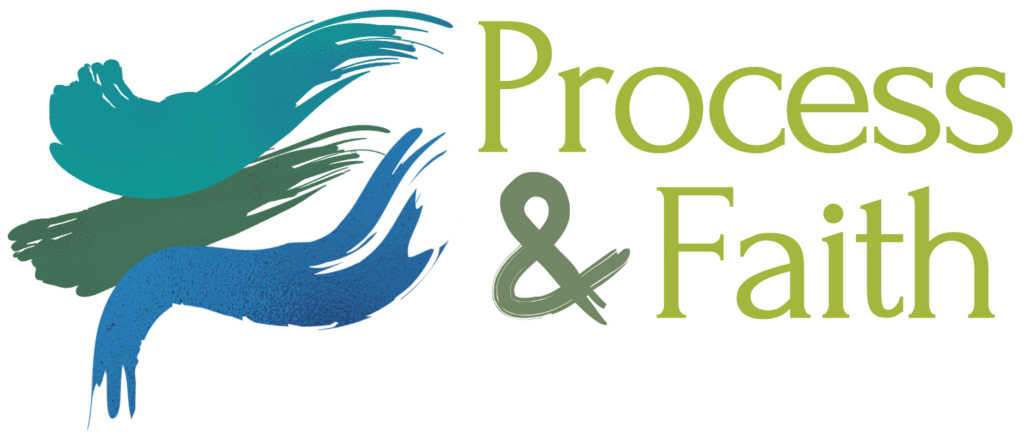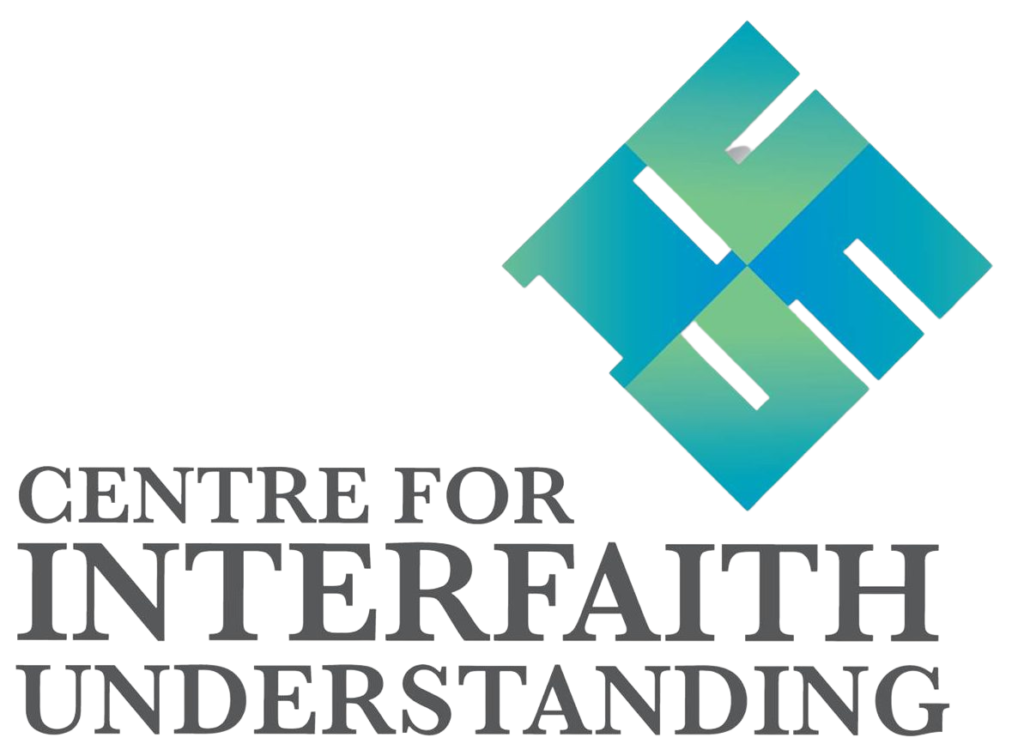
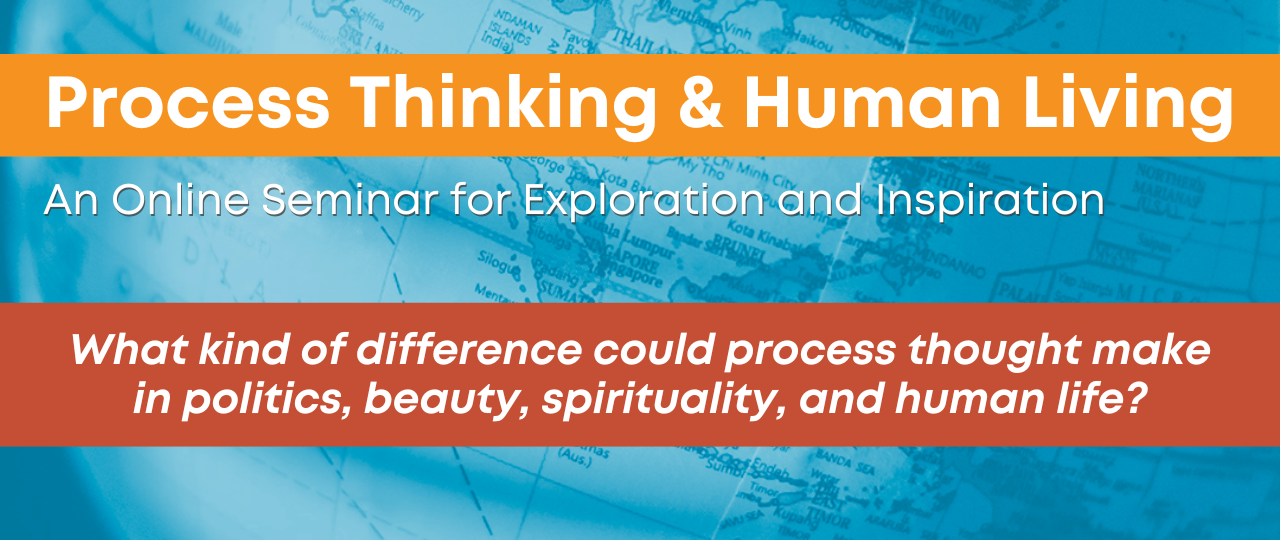
Process Thinking & Human Living

The way we think and the beliefs we hold about the workings of our cosmos have a huge impact on the way we live. Often, our view of the world may rest on unquestioned assumptions that no longer reflect reality. In fact, some of our assumptions about the world work directly against human flourishing.
Since the early twentieth century, many have found life-giving resources in the work of Alfred North Whitehead and others working in what is now called process philosophy and process or open and relational theologies. Process thought often has more in common with ways of thinking that are found in the East – such as in the traditions of Buddhism, Daoism, and Confucianism – than it does with the dominant worldview in the West. How might we apply these resources in both East and West to address the division and suffering we see in our world today?
In this 3-hour, online seminar, speakers from Process & Faith, a program of the Center for Process Studies of Claremont School of Theology will explore aspects of process thought that make a positive difference in human life and in the life of the earth. A second seminar is being planned for early 2023 on process thought and various religious traditions.
TOPICS
Beauty in Troubled Times: Process Aesthetics
In a time of lament and anxiety across the world, we yearn for peace. Whitehead said that peace is primarily a “trust in the efficacy of Beauty.” In this talk by Patricia Adams Farmer, we will explore ways in which a process view of beauty can help refresh our spirits, widen our souls, and offer hope to our beleaguered planet.
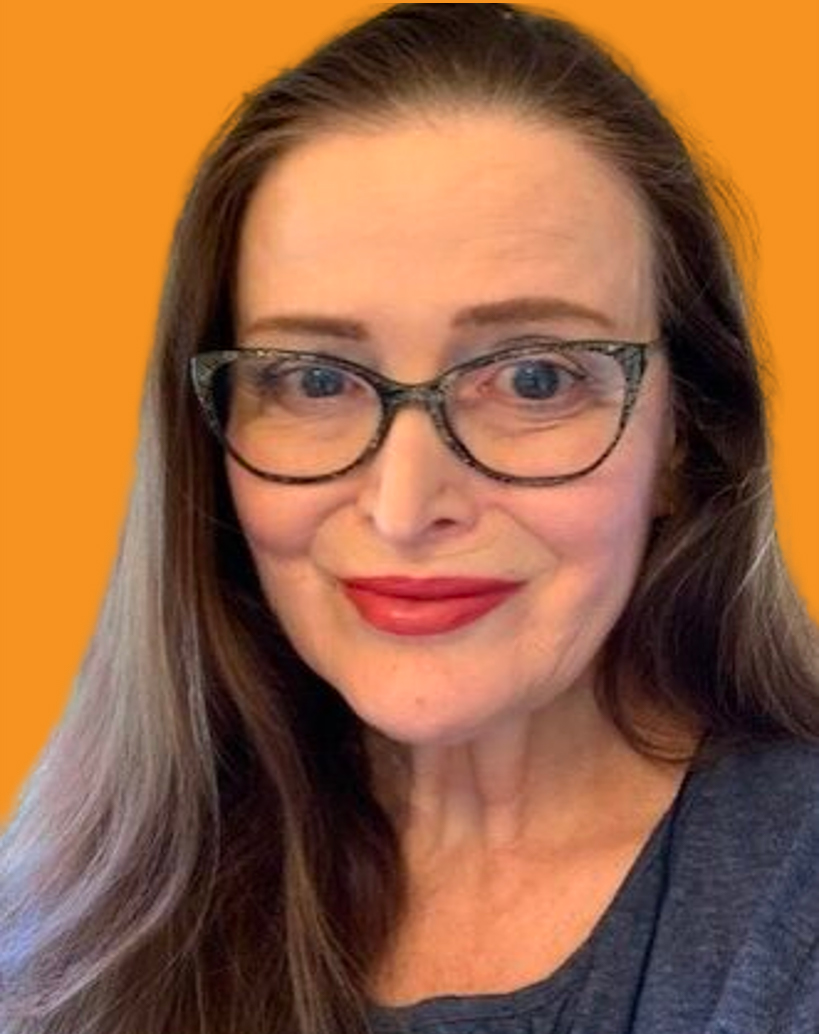
Ideas in Process: Five Whiteheadian Transitions
At the heart of Whitehead’s process philosophy are several transformative existential and theological transitions. This presentation by Andrew Davis will focus on five in particular: 1. From Exception to Exemplification; 2. From Being to Becoming; 3. From Mechanism to Organism; 4. From Independence to Mutual Immanence; and 5. From Force to Persuasion. These transitions not only transform the way we understand our existence and experience in relation to the world, they also transform our understanding of God and God’s relationship to and interaction with the world.
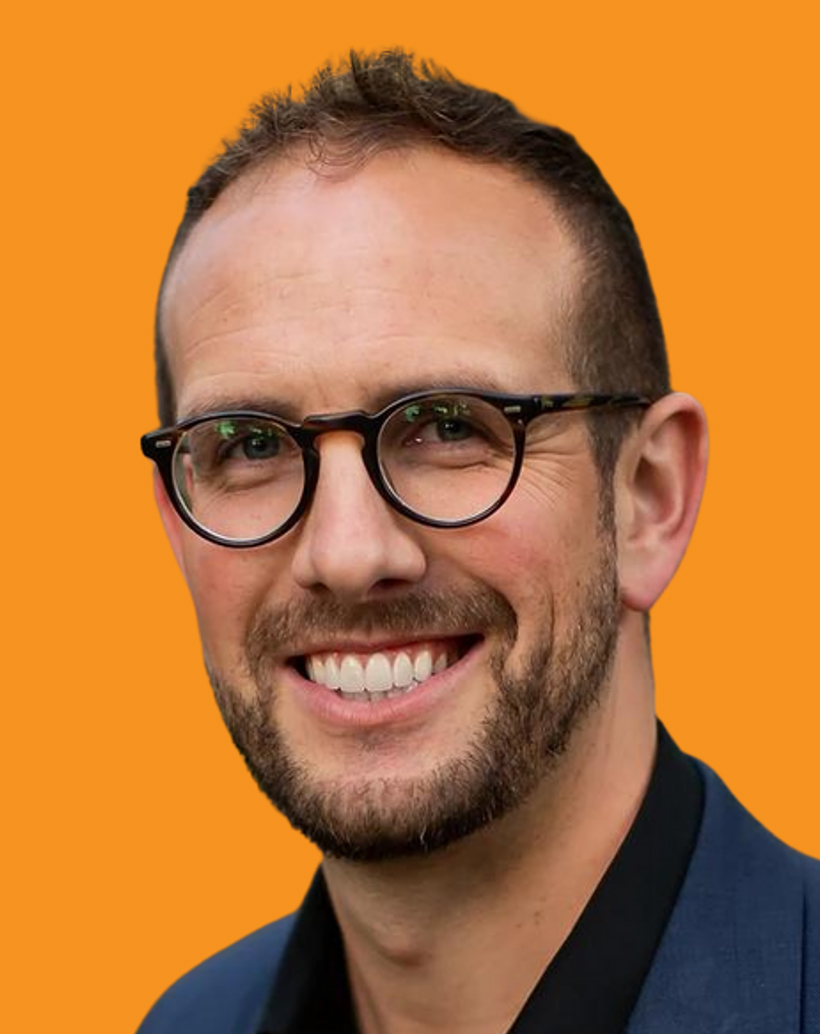
Healing Politics: Process and Political Theology
In this time of political polarization, process and open and relational theologies provide a pathway toward a more perfect union, embracing diversity and difference in ways that promote the growth and well-being of persons and communities. Today, we need communities of stature that affirm the benefit of contrasting viewpoints in securing economic justice, human rights, and ecological well being. In this talk by Bruce Epperly, we will explore ways to embody the beloved community in politics, balance freedom and responsibility, and join compassion and law in securing the interplay of order and novelty.
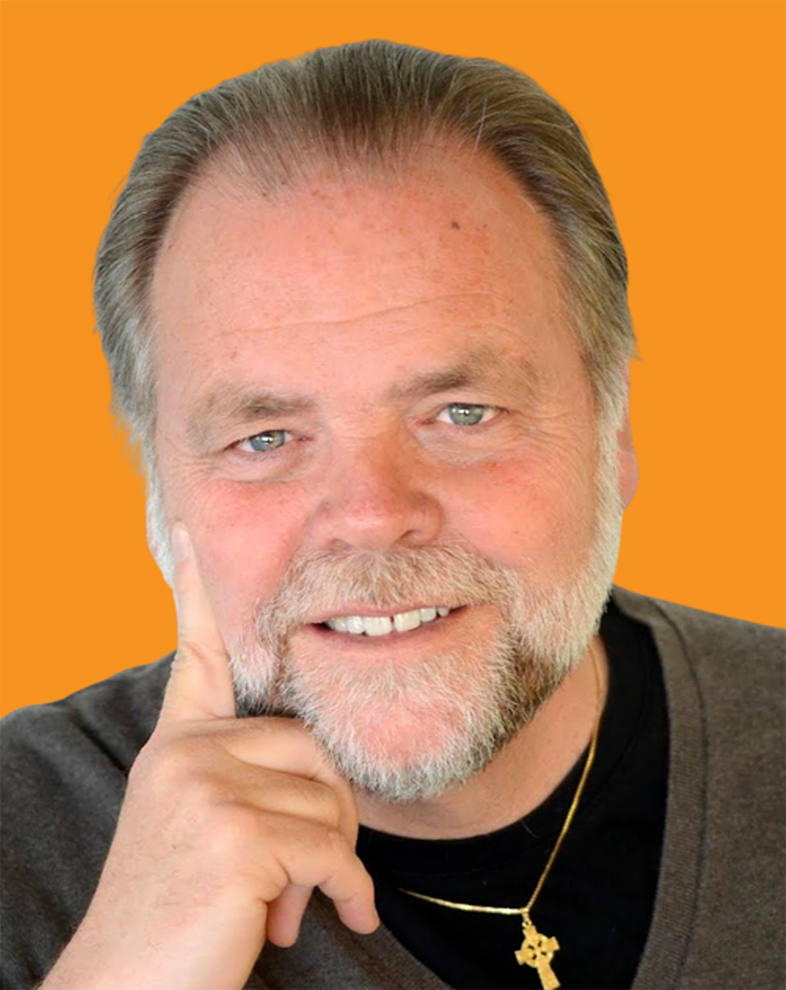
Wholeness & Transformation: A Process Spirituality
Evidence of fragmentation abounds at all levels of human experience – societal, interpersonal, and even within ourselves. What will bring us the wholeness and transformation for which we yearn? In this presentation, Sheri Kling will draw from the integrating work of Whitehead and Swiss psychologist Carl G. Jung to show us that at both the level of the cosmos and of the human psyche, reality is whole-making and sacred. We can come to know that reality for ourselves through spiritual practices like dream work that facilitate embodied experiences of wholeness and show us that we matter, we belong, and we can experience positive change.
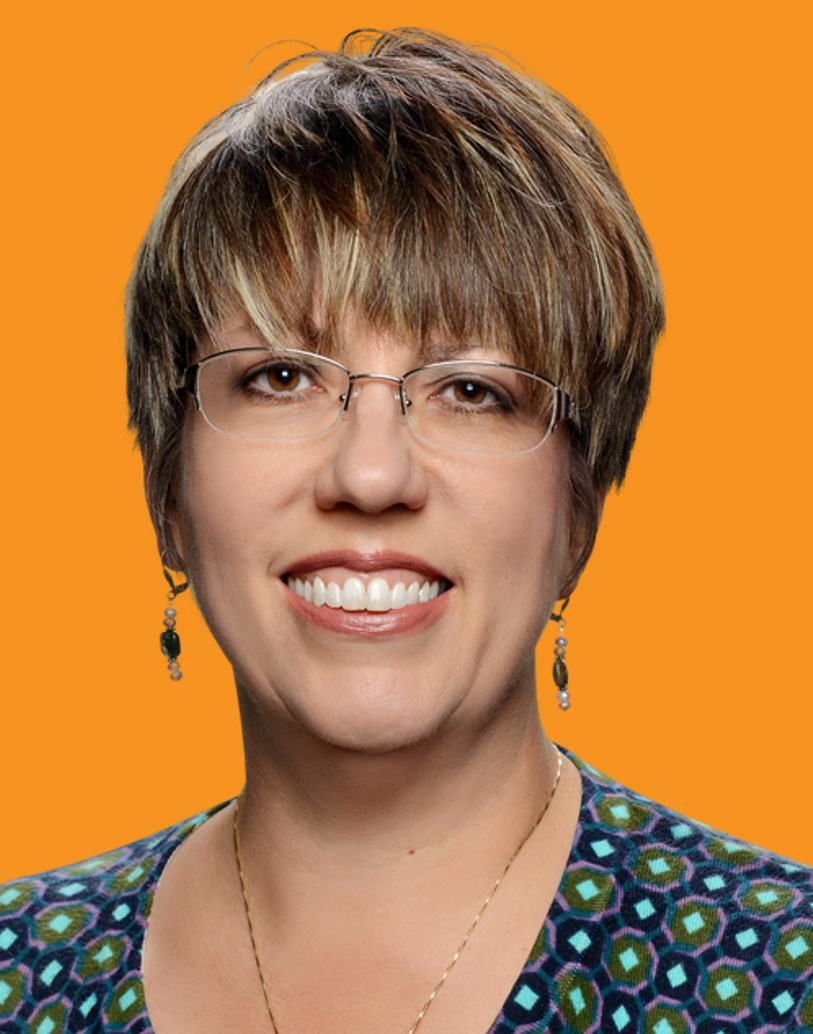
To reserve your seat and receive the Zoom information, click the Going button, and enter your name and email.
Please support our programs by giving.
SPEAKERS
Andrew M. Davis, Ph.D., is Program Director for the Center for Process Studies at Claremont School of Theology. A native of northern California, he was born and raised among the towering redwoods of Occidental and the meandering woodlands of Santa Rosa’s Bennett Valley. It was out of these natural settings that his passion for the questions of philosophy, theology and religion first emerged. He holds B.A. in Philosophy and Theology, an M.A. in Interreligious Studies, and a Ph.D. in Religion and Process Philosophy from Claremont School of Theology. He was recently nominated and elected as a fellow for the International Society of Science and Religion (ISSR). He is a poet, aphorist and author or editor of several books including Mind, Value, and Cosmos: On the Relational Nature of Ultimacy (nominated for the ISSR 2022 Book Prize). Follow his work at andrewmdavis.info.
Bruce Epperly, Ph.D., has spent over forty years in the varied vocations of seminary and university professor, university chaplain, congregational pastor, and seminary administrator. He is the author of over sixty books in theology, spirituality, health and healing, scripture, politics, and ministerial excellence and wellbeing, including The Elephant is Running: Process and Open and Relational Theologies and Religious Pluralism; Process Theology: Embracing Adventure with God; Mystics in Action: Twelve Saints for Today; Prophetic Healing: Howard Thurman’s Vision of Contemplative Activism; and Francis of Assisi: From Privilege to Activism. His comments for this event are inspired by his Process Theology and Politics. Follow his work at Patheos.
Patricia Adams Farmer, M.Div., M.A., M.Ed., is a process theologian, writer, and minister in the Christian Church (Disciples of Christ). She is the author of Embracing a Beautiful God, Fat Soul: A Philosophy of S-I-Z-E, Replanting Ourselves in Beauty (edited with Jay McDaniel), Beauty and Process Theology: A Journey of Transformation, and two theological novels: The Metaphor Maker and Fat Soul Fridays. While serving a small congregation in Fulton, Missouri, she enjoys playing classical guitar, restoring her historical home, and spending time with her husband, Ron Farmer, and their ginger cat, Alfie. Follow her work at patriciaadamsfarmer.com.
Sheri D. Kling, Ph.D., is the director of Process and Faith (Center for Process Studies of Claremont School of Theology) and the John Cobb Legacy Fund. She is also a writer, teacher, and constructive theologian who integrates the process-relational philosophy of Alfred North Whitehead and the analytical psychology of C. G. Jung for psycho-spiritual wholeness. She is a faculty member of the Haden Institute, the author of A Process Spirituality: Christian and Transreligious Resources for Transformation and Finding Home: Rural Reflections on the Journey to Wholeness and editor or contributor to several other texts. Sheri lives with her dog Bobby and her cat, Chelsea, in Bradenton, Florida, where she enjoys Gulf breezes and local wildlife. Follow her work at sherikling.com.
HOSTS
This seminar is a collaboration of Process & Faith in the U.S., the Network of Spiritual Progressives – Australia, and the Centre for Interfaith Understanding in Singapore. It is co-sponsored by the Center for Process Studies and the Cobb Institute.
Adis Duderija, Co-Convener, Network of Spiritual Progressives (Australia)
Adis Duderija, Ph.D., is a Senior Lecturer in the study of Islam and Society at Griffith University in Brisbane. His research expertise is the theory of progressive Islam , interfaith dialogue theory, Islamic feminist hermeneutics and Islamic fundamentalism. He has published widely and extensively in these topics along with inter-faith dialogue, theory and practice.
Mohamed Imran, Co-Convener, Centre for Interfaith Understanding (Singapore)
Mohamed Imran is an interfaith advocate working on diversity issues in Singapore. He founded CIFU in 2019 after almost two decades of devoting himself to interfaith and intercultural work. A graduate in Philosophy with an interest in the sociology of religion, he writes and research on multiculturalism, religious reform and Islam in Malay society. He believes in deepening conversations and moving beyond precarious toleration in meeting the challenges facing society and across differences.

